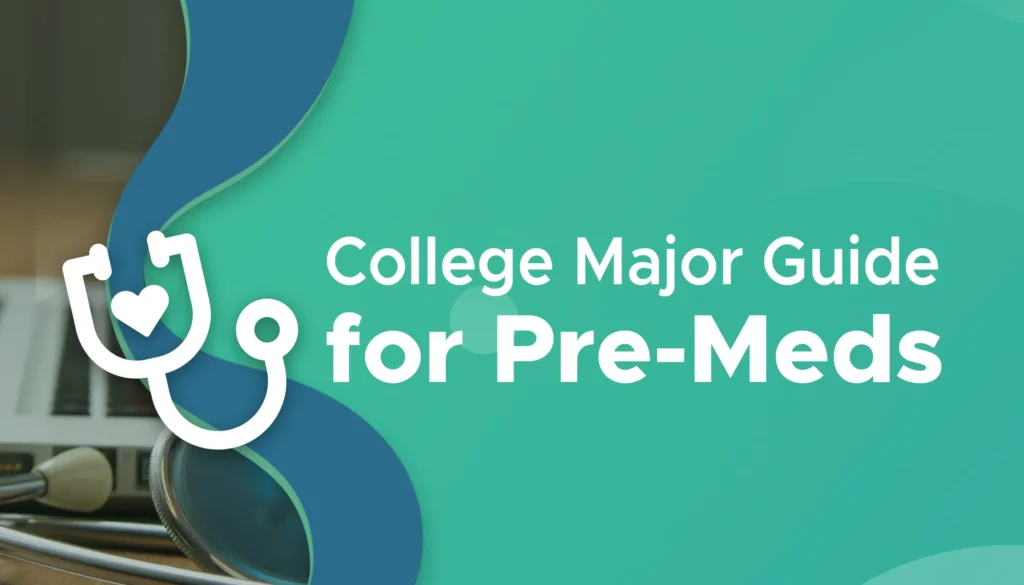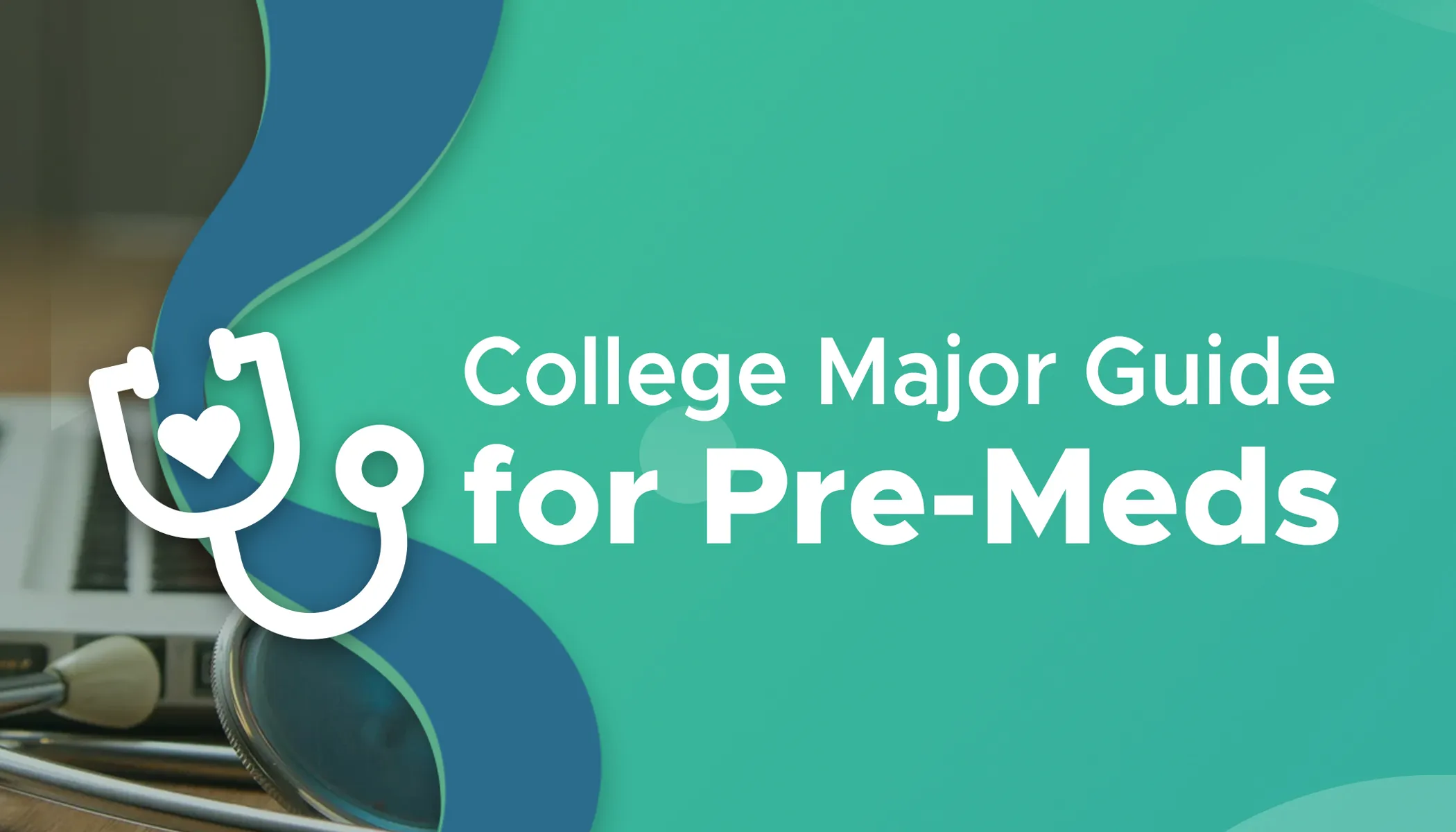Start with the value of a strong pre-med program in laying the groundwork for medical school. Highlight that pre-med students need a robust academic foundation, relevant experiences, and tailored support to build competitive applications for medical school.

Understanding Pre-Med Programs
Define what a pre-med program is and clarify that, while not typically a standalone major, it includes a set of courses and activities designed to fulfill medical school requirements. Mention that pre-med tracks focus on science courses and clinical exposure while providing resources to guide students through the med school application process.
Why Pre-Med Programs Matter
Explain the advantages of choosing a university with a well-established pre-med track. This includes better access to advising, relevant extracurricular opportunities, high acceptance rates to medical schools, and partnerships with nearby medical facilities for internships and clinical hours.
Key Features of Leading Pre-Med Programs
Highlight essential components of top pre-med programs, such as:
- Comprehensive Science Courses: Biology, chemistry, organic chemistry, and physics.
- Experienced Advisors: Access to pre-med advisors for academic and career guidance.
- Research and Internship Opportunities: Availability of lab work, internships, and research assistant roles.
- Clinical Exposure: Partnerships with hospitals and clinics for hands-on experience.
- MCAT Prep and Workshops: On-campus resources, prep courses, and study support.
- Student Groups and Networking: Access to pre-med clubs and events to build professional connections.
Notable Universities for Pre-Med Students
Include a list of universities known for strong pre-med support and high med school acceptance rates, such as:
- Harvard University
- University of North Carolina at Chapel Hill
- University of California, Berkeley
- Northwestern University
- University of Washington
- Vanderbilt University
Choosing the Best Fit for Your Pre-Med Path
Provide practical advice on choosing a program based on personal goals, campus resources, class sizes, and academic support. Suggest looking into each program’s strengths in research, community involvement, or mentorship. Encourage prospective students to tour campuses, talk to current students, and evaluate how each program fits their needs.
Strategies for Success in a Pre-Med Program
Offer tips for thriving in a pre-med environment:
- Prioritizing Academics and Study Habits: Developing efficient study strategies and managing challenging science courses.
- Building Connections with Faculty: Establishing relationships with professors for mentorship and recommendation letters.
- Pursuing Relevant Extracurriculars: Joining pre-med organizations and gaining healthcare experience.
- Starting Early with MCAT Prep: Emphasizing early preparation for the MCAT.
- Balancing Academics with Self-Care: Managing stress, time, and maintaining a balanced college life.
Conclusion
Wrap up with encouragement for students to carefully choose a program that will provide the tools, support, and experiences needed for a successful medical school application. Reinforce the idea that the right pre-med program offers more than academics—it prepares students for every aspect of a career in medicine.
